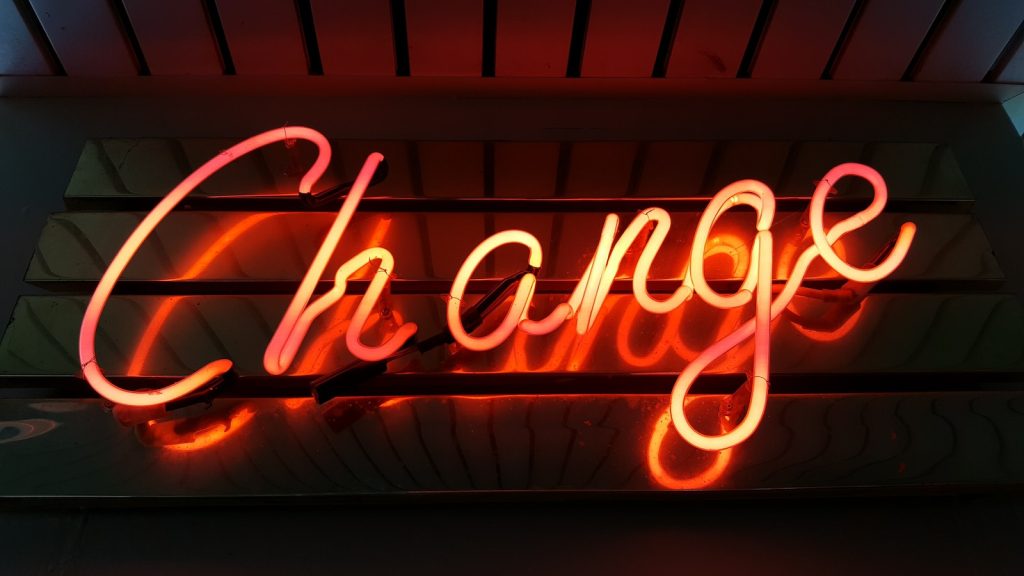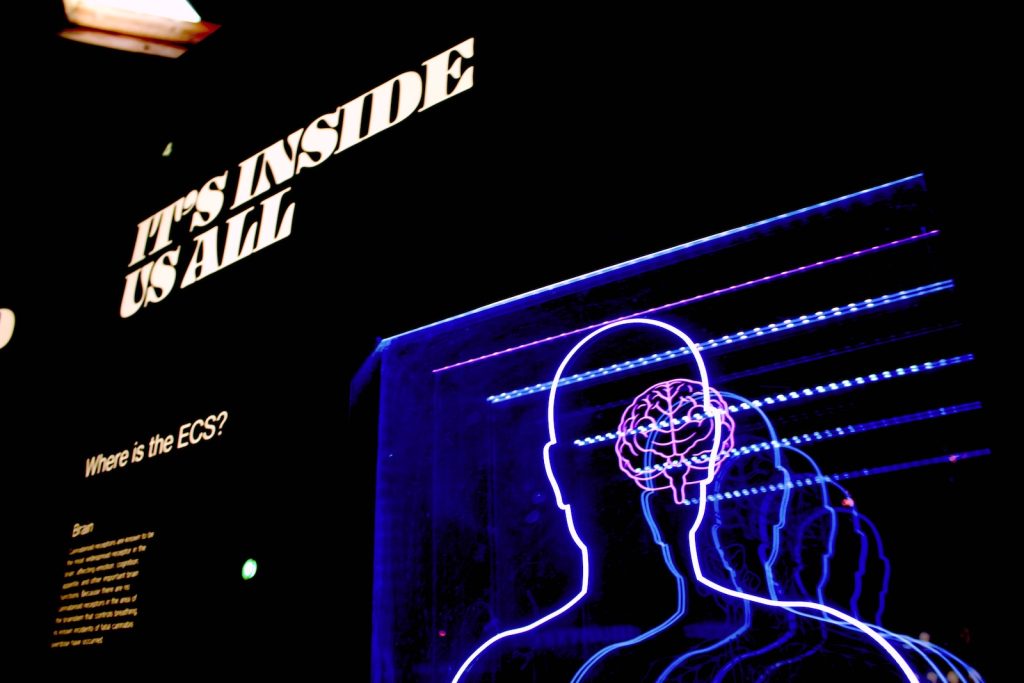The What-The-Hell Effect: Overcoming Obstacles and Embracing Change
Have you ever found yourself stuck in a cycle of procrastination or indecision? Perhaps you’ve set goals and made plans, only to find yourself deviating from them at the first sign of challenge? This phenomenon, known as the What-The-Hell Effect, often derails our efforts and keeps us from reaching our full potential. But fear not, for this article will delve into the depths of this psychological quirk and provide you with actionable insights on how to harness it for positive change.

The What-The-Hell Effect: A Closer Look
The What-The-Hell Effect is a psychological term that describes the tendency to abandon our goals or plans after a single deviation or misstep. It’s that feeling of frustration and defeat that washes over us when we slip up and think, “Well, I’ve already messed up, so what’s the point of continuing?” This self-sabotaging behavior is often rooted in a fixed mindset, where setbacks are seen as failures rather than opportunities for growth.
But why does this happen? Our brains are wired to seek pleasure and avoid pain. When we experience setbacks, our brain’s reward center is momentarily satisfied by letting go of the initial goal, as it avoids the discomfort of trying again. This leads to a cycle of repeated deviations and stagnation. However, understanding this phenomenon is the first step toward breaking free from its grip.

Embracing the What-The-Hell Effect
Embracing the What-The-Hell Effect doesn’t mean giving in to its negative influence. Instead, it involves recognizing its presence and using it to your advantage. Here’s how:
- Shift Your Perspective: Instead of viewing setbacks as failures, see them as opportunities to learn and adapt. Every deviation is a chance to refine your strategy and improve your approach.
- Set Micro-Goals: Break down larger goals into smaller, manageable steps. This way, even if you deviate from one step, you can easily realign yourself with the next, preventing the domino effect of derailment.
- Practice Self-Compassion: Be kind to yourself when you stumble. Remember that everyone faces setbacks, and they don’t define your worth or potential. Treat yourself with the same empathy you would offer to a friend.
- Create a Support System: Share your goals with friends, family, or a mentor who can provide encouragement and accountability. Their support can motivate you to persevere, even in the face of deviations.
- Visualize Success: Imagine the positive outcomes of achieving your goals. This visualization can counteract the negative feelings associated with deviations and keep you focused on the bigger picture.
FAQs about the What-The-Hell Effect
Q: How can I prevent the What-The-Hell Effect from derailing my weight loss journey? A: Focus on the progress you’ve made rather than dwelling on slip-ups. Every healthy choice contributes to your overall goal, so keep moving forward.
Q: Is the What-The-Hell Effect the same as self-sabotage? A: While they share similarities, the What-The-Hell Effect specifically refers to the immediate abandonment of goals after a single deviation. Self-sabotage can manifest in various ways beyond this.
Q: Can the What-The-Hell Effect impact professional goals? A: Absolutely. It’s common in career pursuits. Missing a deadline might lead to giving up on a project entirely. Remind yourself that one setback doesn’t define your entire career trajectory.
Q: How does perfectionism relate to the What-The-Hell Effect? A: Perfectionism can intensify the effect. If you believe that anything less than perfection is a failure, you’re more likely to abandon a goal after a minor slip-up.
Q: Can the What-The-Hell Effect be beneficial? A: Yes, when channeled positively. If you recognize deviations as opportunities to adapt and innovate, you can use the effect to drive creativity and growth.
Q: Are certain personality types more prone to the What-The-Hell Effect? A: Individuals with a strong fear of failure and low tolerance for discomfort may be more susceptible. However, awareness and strategies can help anyone overcome it.
Conclusion: Embrace Change, Embrace Growth
In a world where change is constant and challenges are inevitable, mastering the art of embracing the What-The-Hell Effect can be a game-changer. By shifting your perspective, setting micro-goals, practicing self-compassion, building a support system, and visualizing success, you can transform setbacks into stepping stones toward success.
Remember, life’s journey is rarely linear. It’s the detours and deviations that often lead to the most profound discoveries and personal growth. So, the next time you encounter the What-The-Hell Effect trying to pull you off course, pause, reflect, and remind yourself that this is your chance to rise stronger and more determined than ever before.







